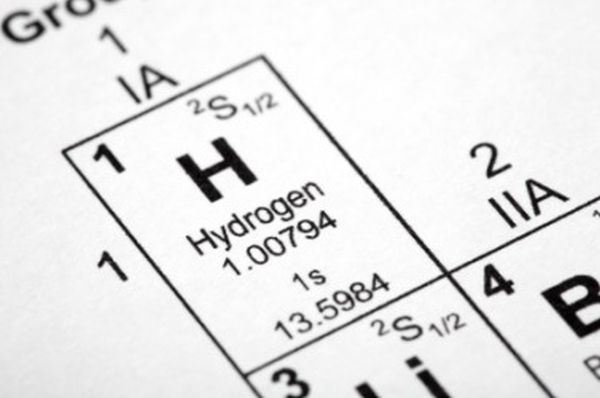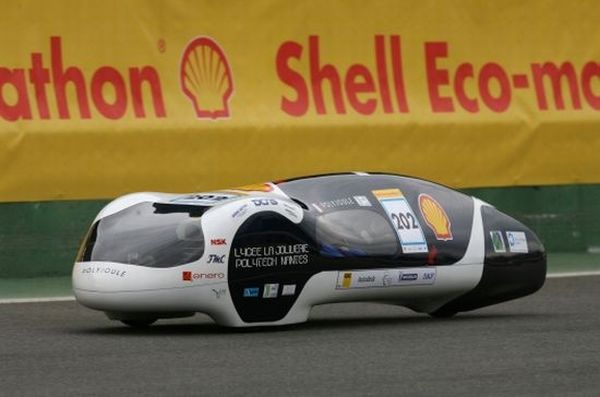Hydrogen is the most abundantly found element in the universe. All the stars that we see in the night sky, including our own sun use hydrogen as fuel to keep their engines running. Hydrogen fuel cells also hold incredible promise as we head into a future that is hopefully emission free and clean. Researchers at Carnegie Institution for Science in Washington D. C. though are interested in Hydrogen at a whole new level. In fact, it would be more appropriate to say that they are exerting incredible amounts of pressure to unravel all the secrets that Hydrogen holds.

The team of researchers developed new methods to observe the behaviors of hydrogen at incredibly high pressures. The new ‘static compression’ technique developed by the team allows them to study hydrogen molecules at pressures that are 3 million times higher than normal atmospheric pressure (300 Gigapascals, in more technical terms). This was something that was not possible before and while previous observations were made at pressures of 150 Gigapascals, the new technique could help assist researchers unravels new properties and behavior of Hydrogen at such high pressures.
It is known that hydrogen has three solid molecular phases and the new static compression method will help us observe the properties of these stages and note their structure. There is also a distinct possibility that Hydrogen might turn out to be a superconductor or even a superfluid at higher pressures. While it has been theorized before that hydrogen does turn into a metal at such high pressures, current observations only pointed towards a semi-metallic behavior. With more research one hopes to unravel more such properties of hydrogen which will help us synthesize technological breakthroughs that are environment friendly.
Via: Carnegiescience




